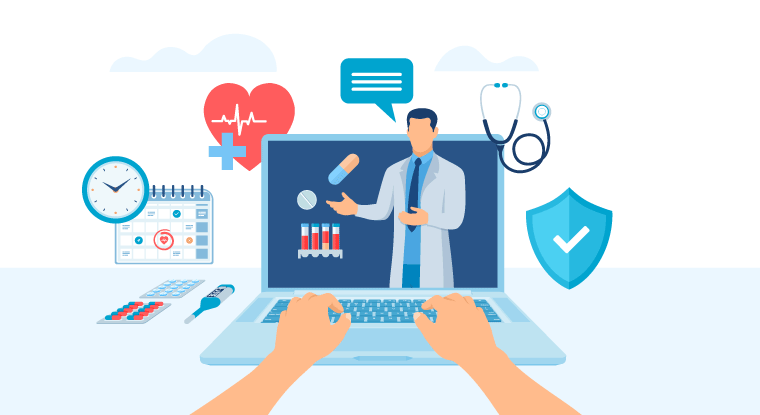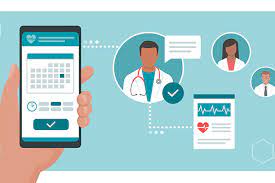1. Efficient Appointment Scheduling
Appointment management systems leverage technology to streamline the scheduling process:
- Online Accessibility: Patients can conveniently book appointments online 24/7, reducing phone calls and administrative burden.
- Real-Time Updates: Healthcare providers can update availability in real-time, minimizing scheduling conflicts and optimizing clinic workflow.
2. Automated Reminders and Notifications
- Reducing No-Shows: Automated reminders via SMS, email, or mobile apps significantly reduce appointment no-show rates, improving patient attendance and operational efficiency.
- Follow-Up Communication: Post-appointment notifications for follow-up instructions or surveys enhance patient engagement and satisfaction.
3. Integration with Electronic Health Records (EHR)
- Seamless Data Access: Integration with EHR systems allows healthcare providers instant access to patient records, medical histories, and treatment plans during appointments.
- Enhanced Coordination: Efficient documentation and information sharing streamline clinical workflows, ensuring continuity of care and patient safety.
4. Multi-Channel Communication
- Patient Engagement: Secure messaging platforms enable patients to communicate directly with healthcare providers for inquiries, prescription refills, or appointment changes, enhancing patient-provider communication.
- Internal Collaboration: Healthcare staff can coordinate seamlessly through internal communication channels, ensuring efficient patient management and care coordination.
5. Customizable Appointment Rules and Policies
- Tailored Scheduling Parameters: Customize appointment durations, provider availability, and specific scheduling rules to meet the unique needs of patients and healthcare providers.
- Policy Enforcement: Enforce appointment cancellation policies and manage waitlist priorities effectively, optimizing clinic operations and patient access.
6. Reporting and Analytics
- Performance Insights: Generate comprehensive reports on appointment trends, patient wait times, and provider productivity to identify operational efficiencies and areas for improvement.
- Data-Driven Decision Making: Utilize analytics to forecast patient demand, allocate resources efficiently, and optimize staff schedules based on actionable insights.
7. Enhanced Patient Satisfaction
- Improved Access: Flexible scheduling options and reduced wait times through efficient appointment management contribute to higher patient satisfaction levels.
- Personalized Care: Personalized reminders, streamlined check-in processes, and attentive customer service enhance the overall patient experience, fostering patient loyalty and trust.
8. Security and Compliance
- Data Protection: Implement secure data storage and communication protocols to safeguard patient information and comply with healthcare regulations, ensuring patient confidentiality and trust.
- Audit Trails: Maintain detailed audit trails of appointment activities and communications to support compliance efforts and mitigate legal risks.
9. Telehealth Integration
- Expanded Care Options: Integrate telehealth capabilities to offer remote consultations, expanding access to care for patients in remote locations or with limited mobility.
- Hybrid Care Models: Combine in-person visits with virtual appointments to provide flexible care options tailored to patient preferences and clinical needs.
10. Scalability and Adaptability
- Flexibility for Growth: Scalable appointment management systems accommodate increasing patient volumes, additional providers, and evolving healthcare services, supporting organizational growth and sustainability.
- Continuous Improvement: Regular updates and adaptations based on user feedback, technological advancements, and industry best practices ensure the system remains agile and effective over time.
Conclusion
By harnessing the power of technology through robust appointment management systems, healthcare providers can enhance operational efficiency, improve patient outcomes, and elevate the overall quality of care delivery. Embracing innovative solutions in appointment management enables healthcare organizations to meet the evolving needs of patients and providers alike, paving the way for a more efficient and patient-centered healthcare experience.

